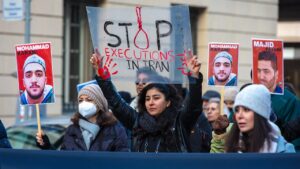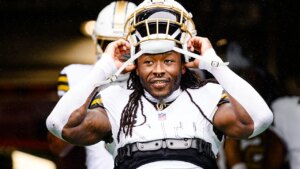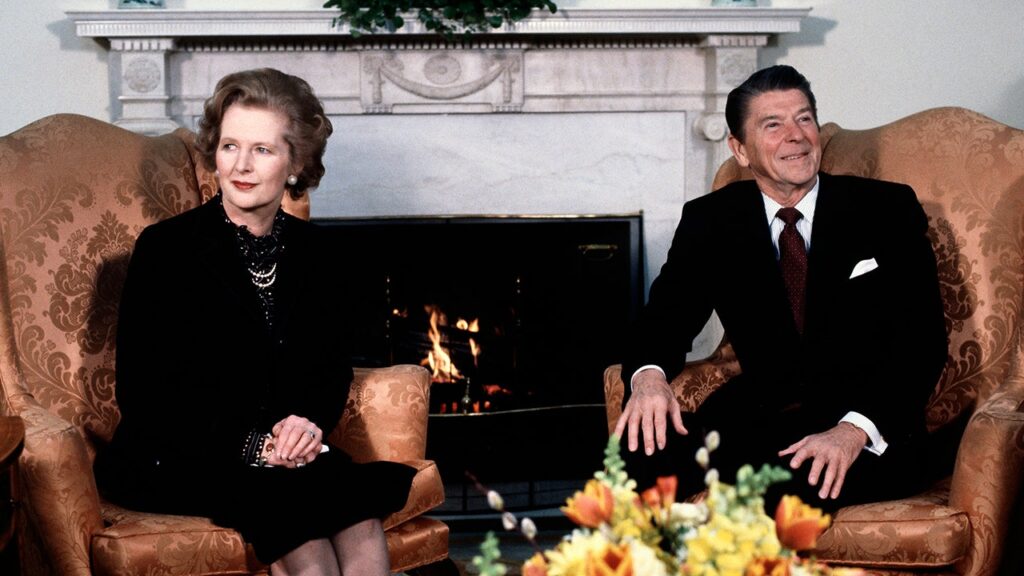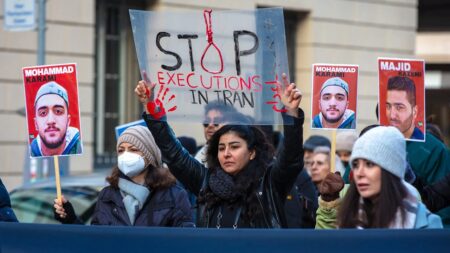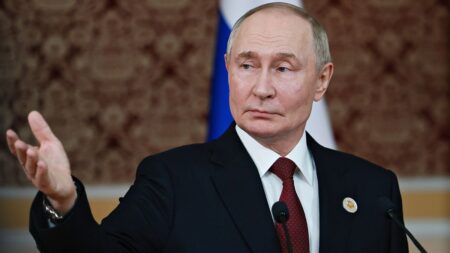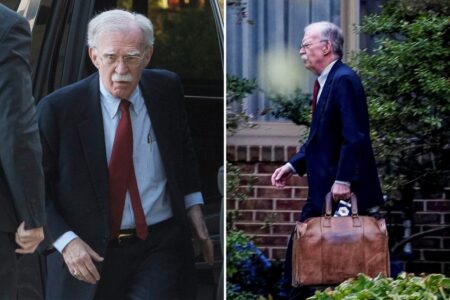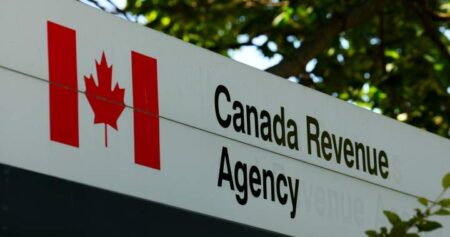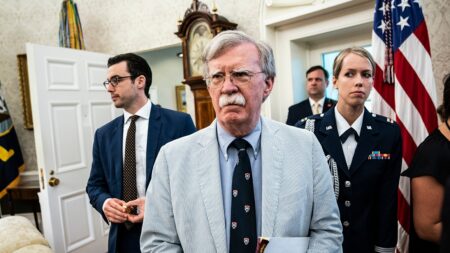NEWYou can now listen to Fox News articles!
The term “special relationship” has been used to describe the U.S.-U.K. partnership since WWII in the face of Nazi, Germany, but many have argued it was solidified during the Cold War under the close alliance of President Ronald Reagan and Prime Minister Margret Thatcher.ô
This week former and current diplomats, government officials and foreign policy advisers convened in London to celebrate what would have been Thatcherãs centennial birthday, and to reflect on her partnership and friendship with the late U.S. president.ô
The Reagan-Thatcher alliance set a precedent that has transcended political parties and national leaders, even during periods when the U.S. and U.K. faced undeniable differences.
THATCHER AT 100: LESSONS IN CIVILITY, STRENGTHô ANDô ENDURING ALLIANCES
“They were political soul mates, in a sense. This wasn’t a forced marriage,” Fred Ryan, Chairman of the Board of Trustees of theô Ronald Reagan Presidential Foundation and Institute told Fox News Digital.
Ryan explained that their relationship was so successful, in part, because they had formed a relationship prior to either of them becoming heads of state, and they shared a mutual dedication to revitalizing their economies and countering communism.ô
“I think the personal relationship made it more than just transactional ã it made it something that was a kind of a relationship of exceptional trust in terms of what it’s done today,” Ryan, who also served as Chief of Staff toô Reagan starting in the late 1980s, said. “Going forward, I think it’s set a great example.”ô
Though the Reagan-Thatcher alliance is most known for pressing the Soviet Union, ardent anti-communist principles and ultimately ending the Cold War, experts this week in London argued that, perhaps more significantly, their partnership created a lasting obligation that future leaders would adhere to ensure the U.S.-U.K. partnership continued.ô
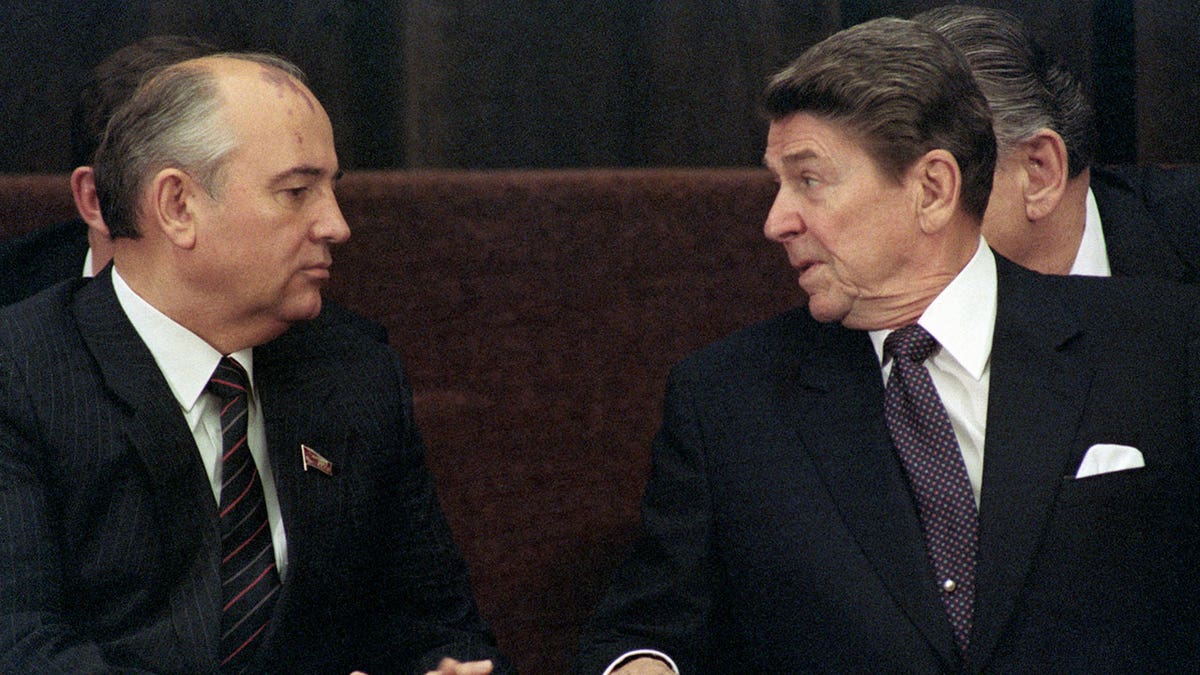
TRUMP MEETS WITH UK PRIME MINISTER STARMER ON HEELS OF EU TRADE DEAL
Though the U.S.-U.K. relationship has not always run completely smoothly, like when conservatives took issue with the removal of a bust of Winston Churchill in lieu of a bust of Martin Luther King Jr., first during the Obama administration, then under President Joe Biden ã both moves which were reversed by President Donald Trump ã concern over the “special relationship” mounted following his election earlier this year. Actions he took upon re-entering the White House, including steep tariffs and a critical tone of NATO, had some worried he was favoring American isolationism.
But British Prime Minister Keir Starmer and Trump have made significant efforts to keep the relationship positive.ô
Trump has frequently referred to his motherãs Scottish roots as one reason he is fond of the U.K. and Ryan argued that the U.S.-U.K. partnership is also rooted in not only its shared history, but “built into the DNA” of both nations, dating back to the British colonies prior to the American Revolution.ô
“[Both have] given extra weight to the special relationship, and it does appear to be something that they’re both working at,” Ryan said. “People have seen that Keir Starmer [and] Donald Trump have been able to build a good relationship. It’s an example for others to try to emulate.”
COULD TRUMP’S MEETING WITH PUTIN BE THE NEXT REAGAN-GORBACHEV MOMENT?
The U.S.-U.K. relationship is once again under the microscope, not only because of how different Trump and Starmer are politically, but because both nations face the greatest threat to the West since the Cold War, once again emanating from Moscow.ô
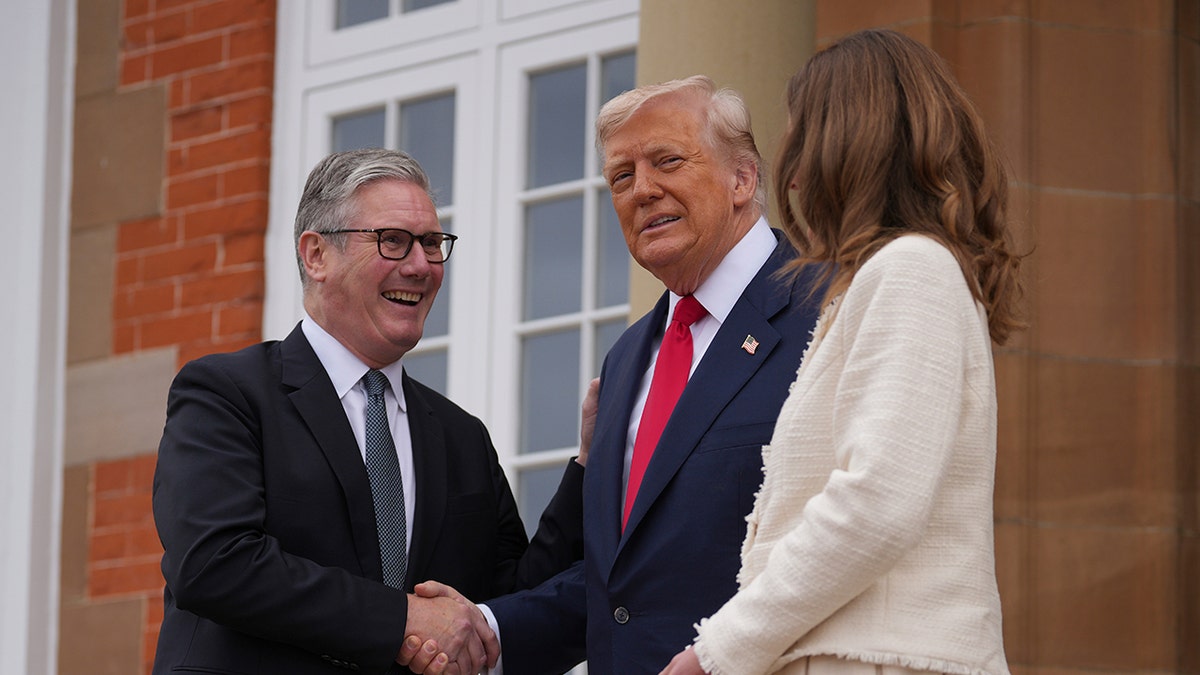
Both Thatcher and Reagan were able to form a strong relationship with the former and final leader of the Soviet Union, Mikhail Gorbachev, though the post-Cold War peace lasted for less time than the protracted geopolitical tussle following Russian President Vladimir Putinãs 2022 invasion of Ukraine.ô
Trump has drawn raised eyebrows in his repeated attempts to diplomatically engage with Putin despite little to no action by the Kremlin chief to end his war ambitions.ô
Security experts have questioned whether Putin is playing Trump by issuing platitudes and agreeing to meet with Trump in a show that outwardly placates the president’s desire to end the war, though taking no concrete steps to actually do so.ô
Trump and Putin on Thursday again agreed to meet in person after first doing so in August in what were described as “extremely productive” talks.ô
But what was accomplished from the meeting remains unclear as Russia increased its aerial bombardment on Ukraine rather than ceasing military operations following the talks.ô
Though Starmer applauded the first attempt by Trump to meet with Putin, he has not yet publicly commented on the second meeting announced Thursday, and Fox News Digital could not immediately reach Number 10 for comment.ô
Ryan noted there are many differences in the threat the U.S. and U.K. are facing this time around from Russia, but said, “I do think both sides realize the threat that Putin poses, and hopefully, through this close relationship that we’ve had, we can be united and allied in standing up to it.”
Read the full article here

